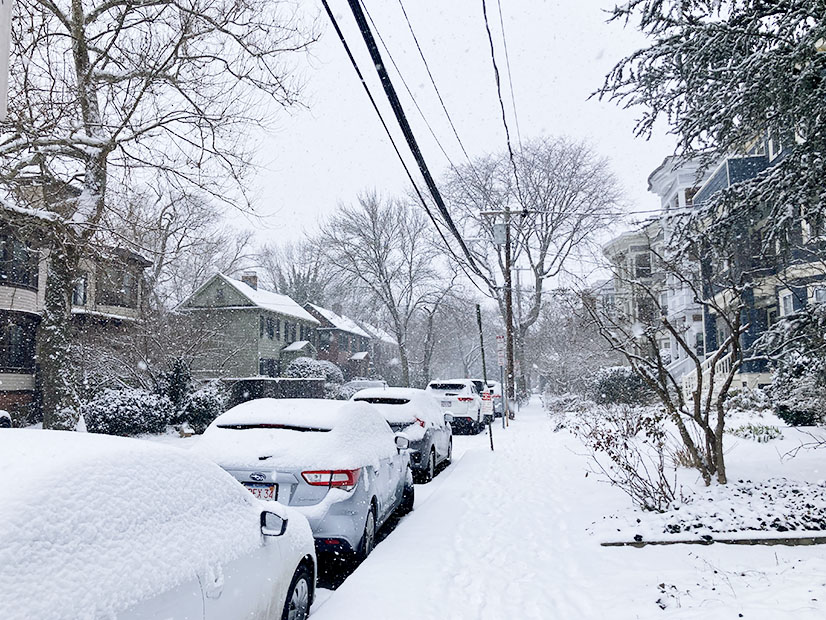ERO Enterprise stakeholders will be closely watching FERC’s open meeting this week for updates on several items related to NERC and its reliability standards.
NERC’s proposed cold weather standard EOP-012-2 (Extreme cold weather preparedness and operations) is among the topics the commission might be deciding at its meeting (RD24-5). The ERO submitted the standard for approval in February after NERC’s Board of Trustees approved it.
FERC ordered NERC to develop the new standard last year to replace EOP-012-1, which the commission approved last year while noting numerous “undefined terms, broad limitations, exceptions and exemptions, and prolonged compliance periods” that must be addressed before EOP-012-1 takes effect this October. (See FERC Orders New Reliability Standards in Response to Uri.)
The replacement standard has met some criticism from stakeholders: This year, the ISO/RTO Council (IRC) expressed “united opposition” to EOP-012-2 and called on FERC to remand the standard back to NERC for revision. In its comment, the IRC said NERC’s proposed requirements were “subjective [and] unclear,” for example by excusing generator owners from implementing freeze protection measures by claiming a “cold weather constraint,” or by granting overly generous exemptions for existing generating units.
NERC dismissed IRC’s objections in an April filing, indicating that its drafting team had aimed to “provide a high bar for generators that operate in cold weather” while addressing concerns that overly stringent requirements could push generator operators to not use their facilities in cold weather at all.
Assessment Proposal Still Under Consideration
Also on FERC’s agenda is the commission’s proposal to require NERC to submit performance assessments every three years, shortening the timeline from the five-year cycle currently in effect (RM21-12).
FERC suggested the shortened time frame in 2021, saying a quicker turnaround would “provide better continuity” in the commission’s oversight of the ERO Enterprise and its ability to identify potential performance improvements more quickly. The Notice of Proposed Rulemaking was issued alongside an order for NERC to audit the compliance monitoring and enforcement programs of all regional entities. (See FERC Orders Audits of All REs by 2023.)
NERC and the REs pushed back on the commission’s plan, claiming they would “place a burden on ERO Enterprise staff … that would outweigh any potential benefits.” Specifically, respondents warned of the time required to coordinate with REs, incorporate stakeholder feedback and gain approval from NERC’s board, and said adhering to a shorter time frame could prevent the ERO from reviewing the breadth of topics that it normally does in its assessments.
In this year’s draft performance assessment posted for comment in April, NERC suggested that FERC terminate the proceeding. The most recent filing in the docket was from the Western Interconnection Regional Advisory Body in 2021, endorsing FERC’s proposed three-year timeline.
FERC Considering IBR Rule Changes
The final ERO-related item in FERC’s agenda is NERC’s proposed updates for its Rules of Procedure relating to registration of inverter-based resources (RR24-2).
NERC developed the ROP changes last year as stage 1 of its three-stage registration process approved by FERC in May 2023. They will revise the definitions of generator owner and operator to create a new category, GO-IBR, for entities that own or operate IBRs that either have or contribute to an aggregate nameplate capacity of at least 20 MVA and are connected to a common point of connection with a voltage of at least 60 kV.
If FERC approves NERC’s ROP changes this week, the ERO’s next step will be to identify candidates for GO-IBR registration by May 2025, and then to register GO-IBRs by May 2026.




